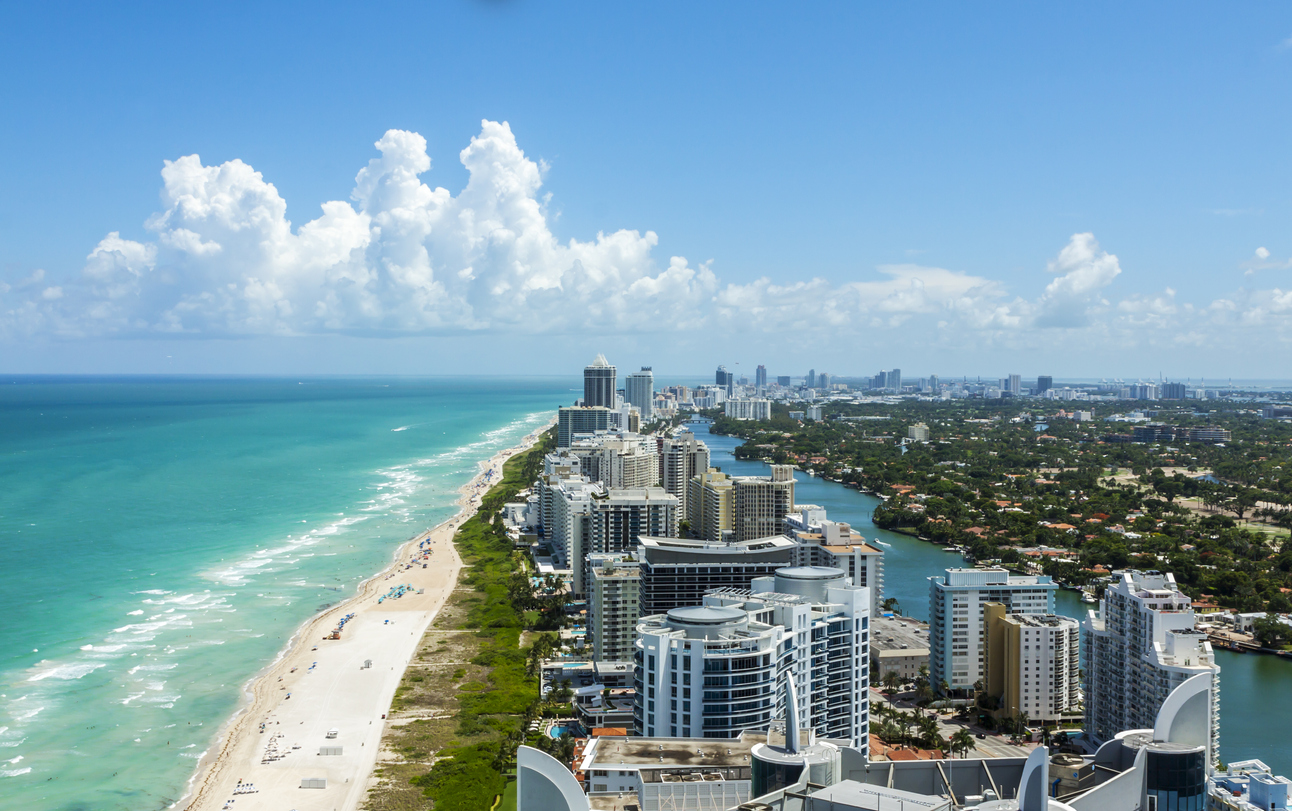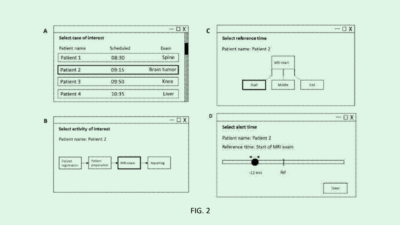
Sign up for smart news, insights, and analysis on the biggest financial stories of the day.
A new report from WalletHub seeks to scientifically calculate and rank the best and worst states to retire in. Coming in dead last? New Jersey.
If you find yourself laughing at your Garden State neighbors from the other side of the Hudson, you may want to save your Schadenfreude— New York ranked just a hair better for retirees.
Geriatric State Of Mind
With scores based primarily on cost of living, quality of life, and access to healthcare, (in addition to 44 other “key indicators of retirement-friendliness”) the findings of WalletHub’s report aren’t very shocking. Florida, forever the home of time-worn and winter-weary snowbirds, tops the list as America’s best state to retire in. Meanwhile, Virginia, Colorado, Delaware, and Minnesota round out the top five.
For New York and New Jersey, it’s the high cost of living that sinks both states as desirable retirement destinations:
- New York, which boasts the list’s seventh-ranked healthcare systems and twelfth best quality of life, is dropped all the way to 48 on the overall retirement rankings due to its nation-high cost of living.
- New Jersey, meanwhile, is the second-most expensive state to retire in, according to the list. And the high price tags don’t even come with New York’s perks. Jersey ranked a mediocre 28th for health care and 34th for quality of life.
Sandwiched between the two at 49 is Mississippi, which is the US’s twelfth-cheapest state, but at the cost of the worst quality of life and second-worst health care. Kentucky and Oklahoma complete the bottom five.
Citizen Cane: While New York may rank low on WalletHub’s overall list, it did score quite well in several of the “retirement-friendliness” indicators. Behind Hawaii and California, New York ranked third in life expectancy. And retired seniors will find plenty of activities to fill their days. The state ranked first in museums per capita, at a rate 8-times higher than last-ranked West Virginia, and first in theaters per capita, at a rate 29-times higher than last-ranked Mississippi.











